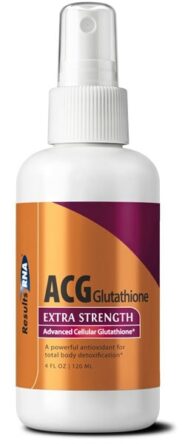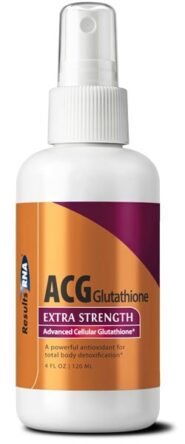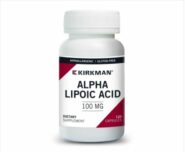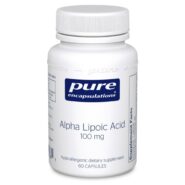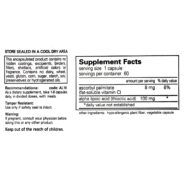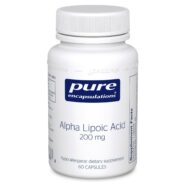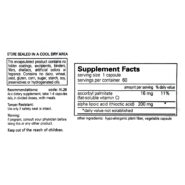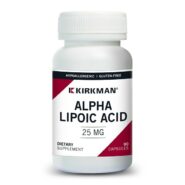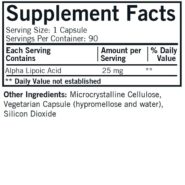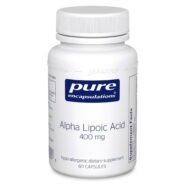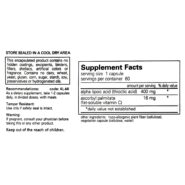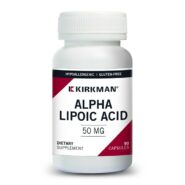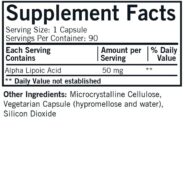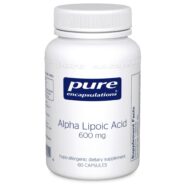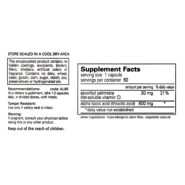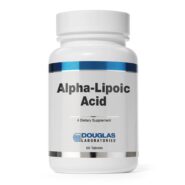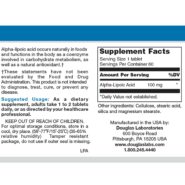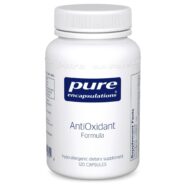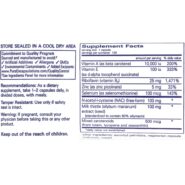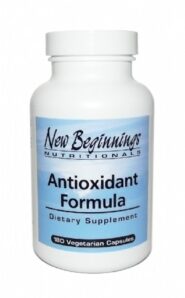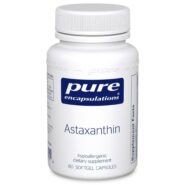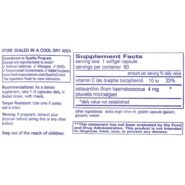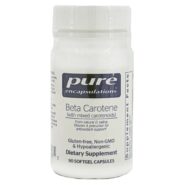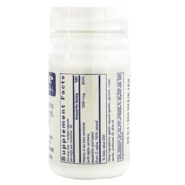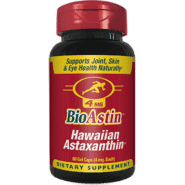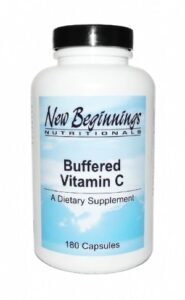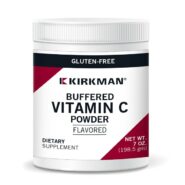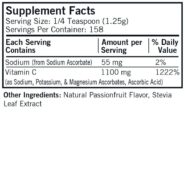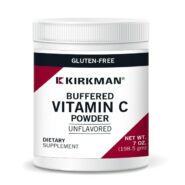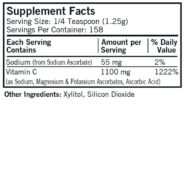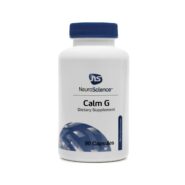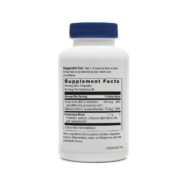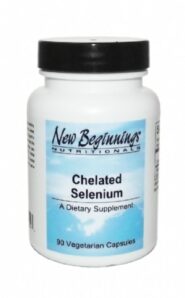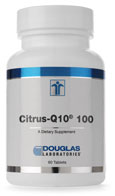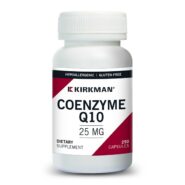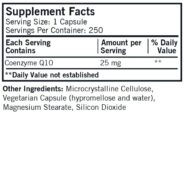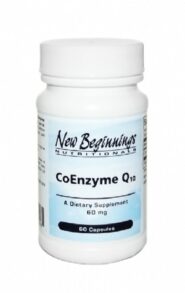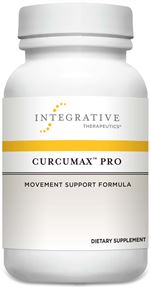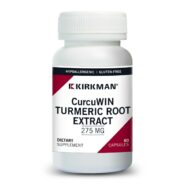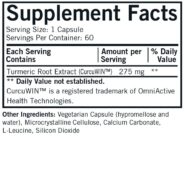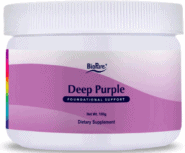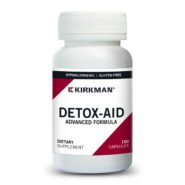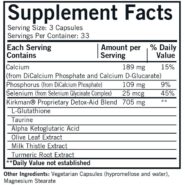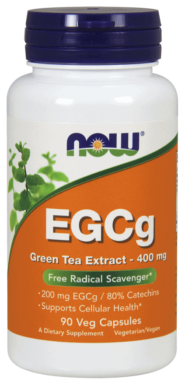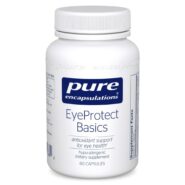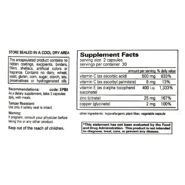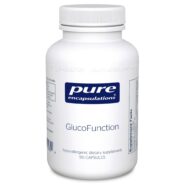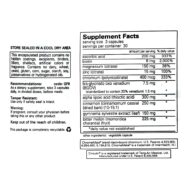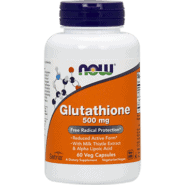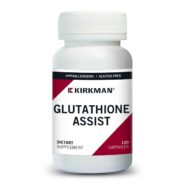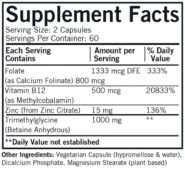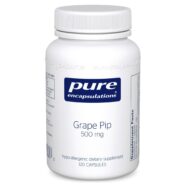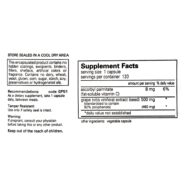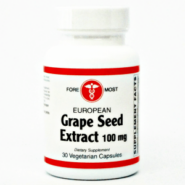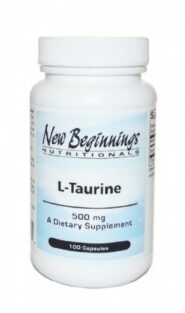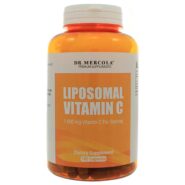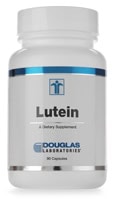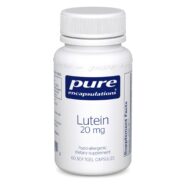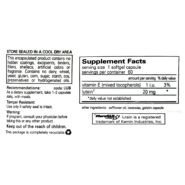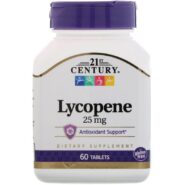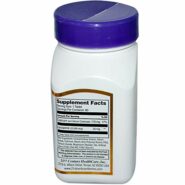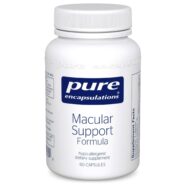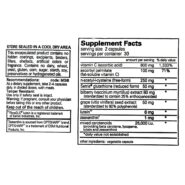Antioxidant Supplements
The prefix “anti” means against, in opposition to, or corrective in nature. In order to understand antioxidants, it helps to learn what exactly these agents oppose and correct.
Within the human body, millions of processes are occurring at all times. These processes requireoxygen. Unfortunately, that same life giving oxygen can create harmful side effects, or oxidant substances, which cause cell damage and lead to chronic disease.
Oxidants, commonly known as “free radicals,” are also introduced through external sources such as exposure to the sun or pollution. Other mediums include stress, as well as things that people put into their bodies, such as alcoholic beverages, unhealthy foods, and cigarette smoke.
In much the same way as oxidation creates rust, causing a breakdown on the surface of inanimate objects, oxidation inside the body causes a breakdown of cells. Free radicals produced by this breakdown attack healthy cells, usually DNA as well as proteins and fats. This chain of events weakens immunological functions as well as speeding up the aging process, and is also linked to several diseases such as cataracts, various forms of cancer, and heart disease. Some studies indicate possible links to arthritis and several other chronic conditions.
Antioxidants, or anti-oxidation agents, reduce the effect of dangerous oxidants by binding together with these harmful molecules, decreasing their destructive power. Antioxidants can also help repair damage already sustained by cells.
Certain antioxidant enzymes are produced within the body. The most commonly recognized of these naturally occurring antioxidants are Superoxide Dismutase, Catalase, and Glutathione. Superoxide Dismutase changes the structure of oxidants and breaks them down into hydrogen peroxide. Catalase in turn, breaks down hydrogen peroxide into water and tiny oxygen particles or gasses. Glutathione is a detoxifying agent, which binds with different toxins to change their form so that they are able to leave the body as waste.
Other antioxidant agents are found in foods, such as dark green leafy vegetables. Items high invitamin A, vitamin C, vitamin E, and beta-carotene are believed to be the most beneficial. These nutrients are commonly found in fruits and vegetables, those with the strongest colors being healthiest. Orange and red peppers, tomatoes, spinach, and carrots are examples.
Choosing raw fruits and vegetables rather than cooked, provides the highest concentration and best absorption of antioxidants.

